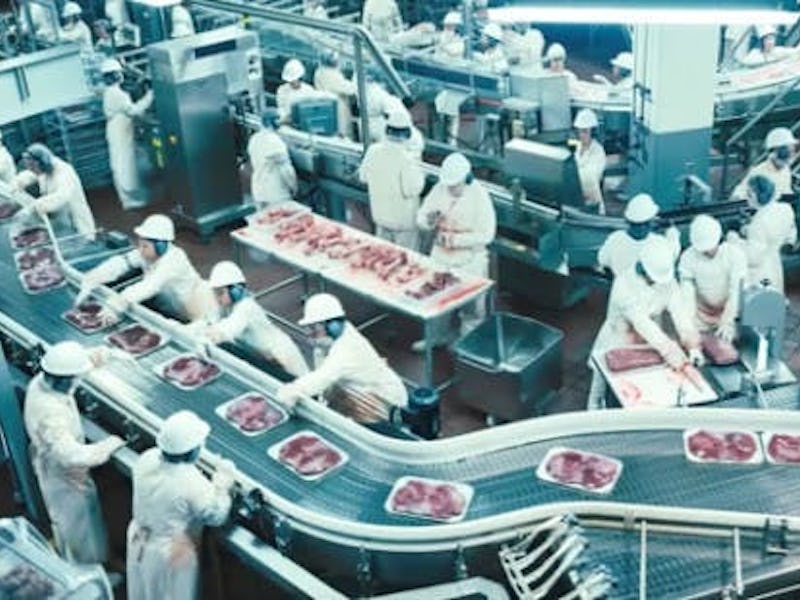A cruelty-free meat alternative for those who don’t care for vegan options like soy or tofu could be on the way, thanks to the work of cultured meat startups like Memphis Meats. Founded in 2016, the company aims to create meat in labs that’s identical to what from livestock, except without any animals being harmed.
Chris Lo, a consumer analyst at GlobalData, argues that animal-grown meat will hit shelves in 2021, with Memphis Meats leading the way. The key for this rosy projection, according to Lo, is the impressive group of investors behind the startup, which includes Bill Gates, Richard Branson, and the massive North American meat distributor Cargill Meats.
“The ‘meat’ is being publicized by its venture capital investors as having a better taste and more nutritional value than real meat,” said Lo in a statement. “However, the presences of Cargill on the investment roster is significant, signaling that Memphis is firmly aiming for commercial sustainable production: a product that is affordable to the growing Chinese and Indian middle classes. Success will ultimately require a huge amount of trust from consumers and transparency from Memphis.”
There’s a big environmental argument for moving away from livestock in favor of lab-grown meat. In 2011, a United Nation Food and Agriculture Organization report found that livestock was responsible for 39 percent of all greenhouse gas emissions in the agriculture sector. That number only stands to grow if consumers don’t begin to curb their meat-eating habits.
Memphis Meats, a San Francisco-based “clean meat” company, has developed a process to create beef, chicken, and duck by growing self-producing animal cells in a lab.
Lab-produced meat has the potential to greatly cut down on the land required and the pollution produced by traditional livestock grazing and investors have taken notice, with Memphis Meats receiving $17 million in funding in August.
Lab-grown could put a huge dent in our carbon footprint, but consumers need to willingly buy it instead of farm-grown meat. This process of growing meat in a lab has seen some negative press, with questions of the lab meat’s quality and taste compared with the livestock version, as well as a general consumer “yuck factor” around eating meat created artificially.
The ball is in Memphis Meats’ court now, as Lo argues they will need to build consumer trust to really set themselves up to make a dent in livestock pollution.
